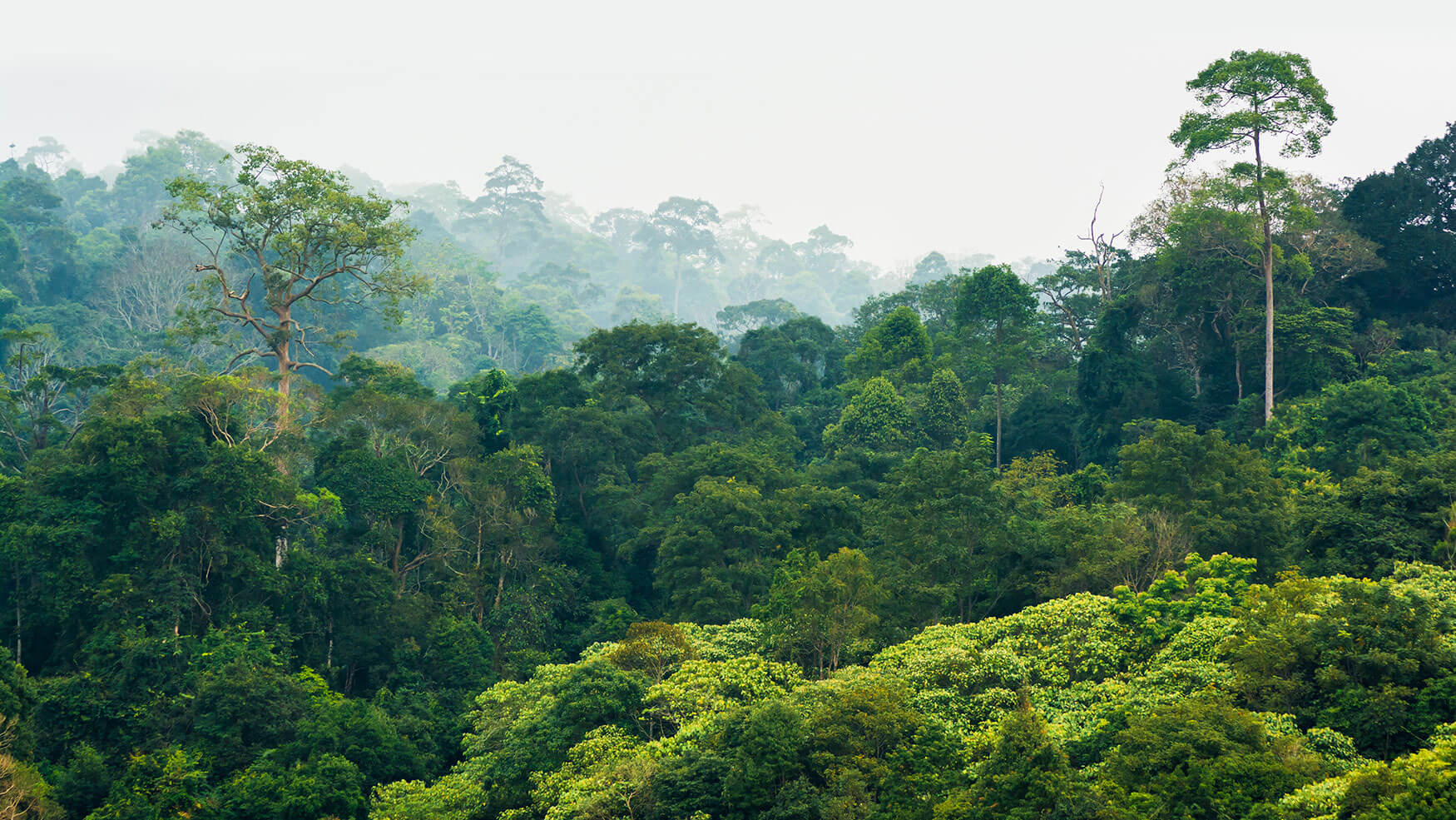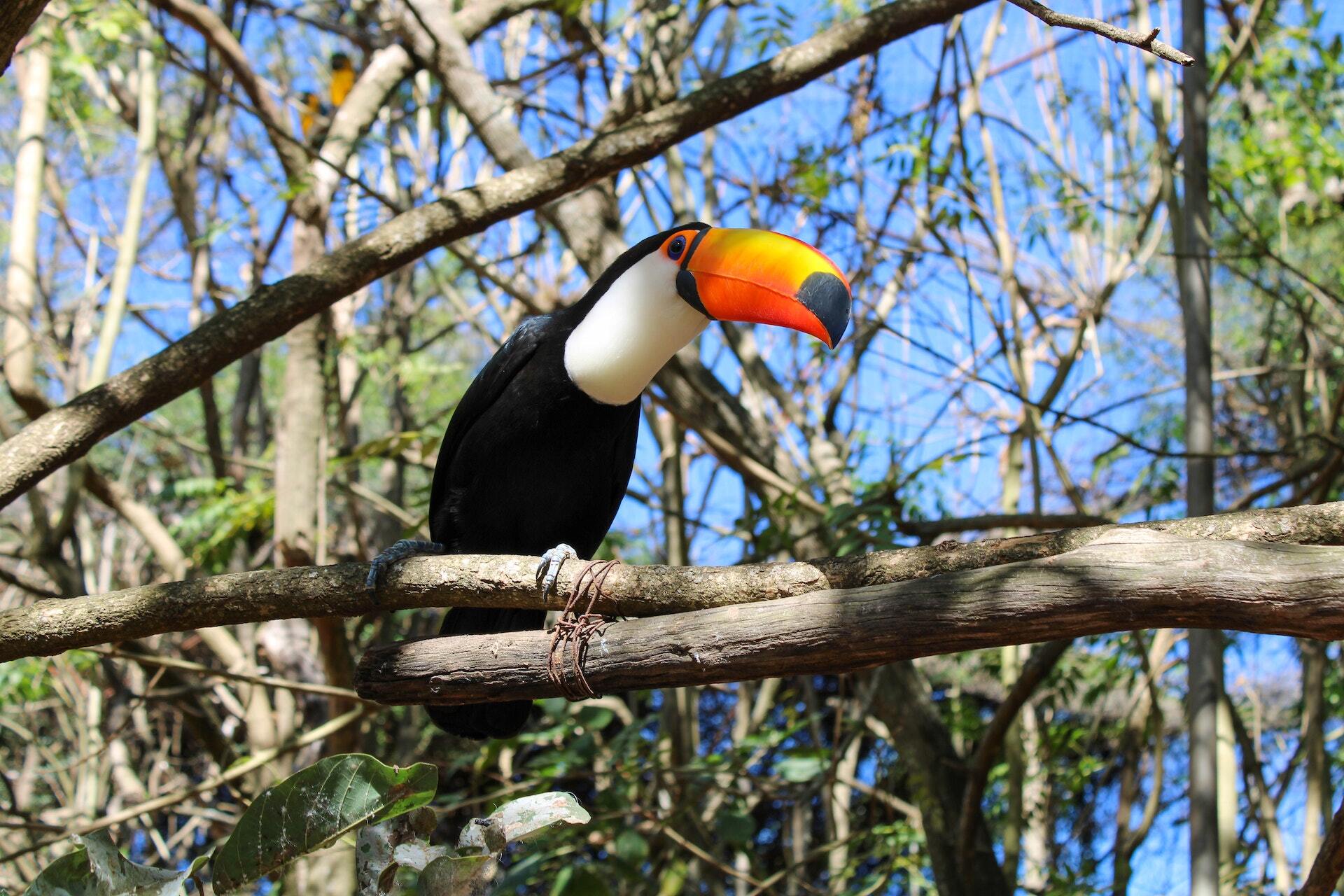An honest tale about our Cumaru
By the end of 2024, Cumaru timber will be granted CITES II status. This means the wood will receive additional protection against irresponsible logging. This is necessary because Cumaru could become endangered in the future. In this article, we will tell you more about Cumaru and the current state of affairs.
What is Cumaru wood, and why does it demand sustainability?
Cumaru wood comes from the slow-growing hardwood trees of the Dipteryx species, native to the tropical rainforests of South America. In some regions, these trees are also known as Tonka or Brazilian Teakwood. Some trees take up to a thousand years to reach their full height of 60 meters. Given this slow growth and their ecological importance in the rainforest, sustainability is crucial when discussing Cumaru wood.
Cumaru added to the CITES List
In November last year, the nineteenth Conference of the Parties (CoP 19) was held in Panama. During this meeting, the committee gave the green light to add Cumaru to Appendix II of CITES, along with the well-known tropical wood species Ipé. In practical terms, this means that the trade in these wood species is now under stricter scrutiny. Although these species are not directly endangered, the consensus was that additional documentation and environmental studies are required to ensure the sustainability of the international trade in these wood species.
What is CITES?
CITES, which is short for the Convention on International Trade in Endangered Species of Wild Fauna and Flora, is an international agreement containing regulations on the trade in endangered plant and animal species. The aim of CITES is to ensure that trade does not threaten the survival of these species. Currently, well over 180 countries participate in this agreement, established in 1975.
What does this mean for Van den Berg?
At Van den Berg Hardwood, we also carry Cumaru in our product range. Fortunately, we have exclusively been importing FSC®-certified Cumaru for many years now. This means we adhere to very high international standards of responsible forest management. And we guarantee that you will still be able to sustainably enjoy the superb properties of this unique wood in the future. Our expectation is that it will become more difficult to market Cumaru whose origin is not well traceable. As a result, the demand for Cumaru with a sustainable origin is likely to increase. CITES thus offers an important opportunity to promote sustainable forest management in the tropics. We are therefore happy to continue to make FSC®-certified Cumaru available to you.
Why is buying sustainable wood so important?
Deforestation accounts for 15% of global CO2 emissions annually, playing a significant role in climate change (source: FSC®). Buying sustainable wood not only helps prevent illegal or unsustainable logging but also protects forest ecosystems and contributes to combatting climate change. If you buy wood with an FSC® or PEFC label, this offers a guarantee that the wood originates from well-managed forests. With responsible forest management, trees are harvested in a dispersed and selective manner. Did you know that in a sustainably managed forest, only three to five trees are cut per hectare? Afterwards, this forest plot is left untouched for at least 25 years. This way, the forests do not become depleted.



